Paul McGinley Exclusive - What Separates The Best From The Rest?
Former Ryder Cup captain Paul McGinley tells Sam Tremlett why only a select few players reach the pinnacle of the world game.
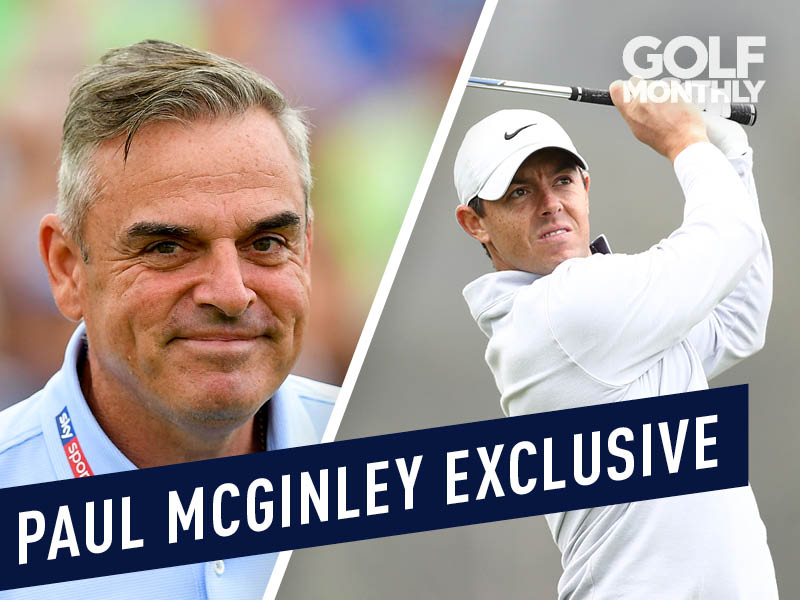
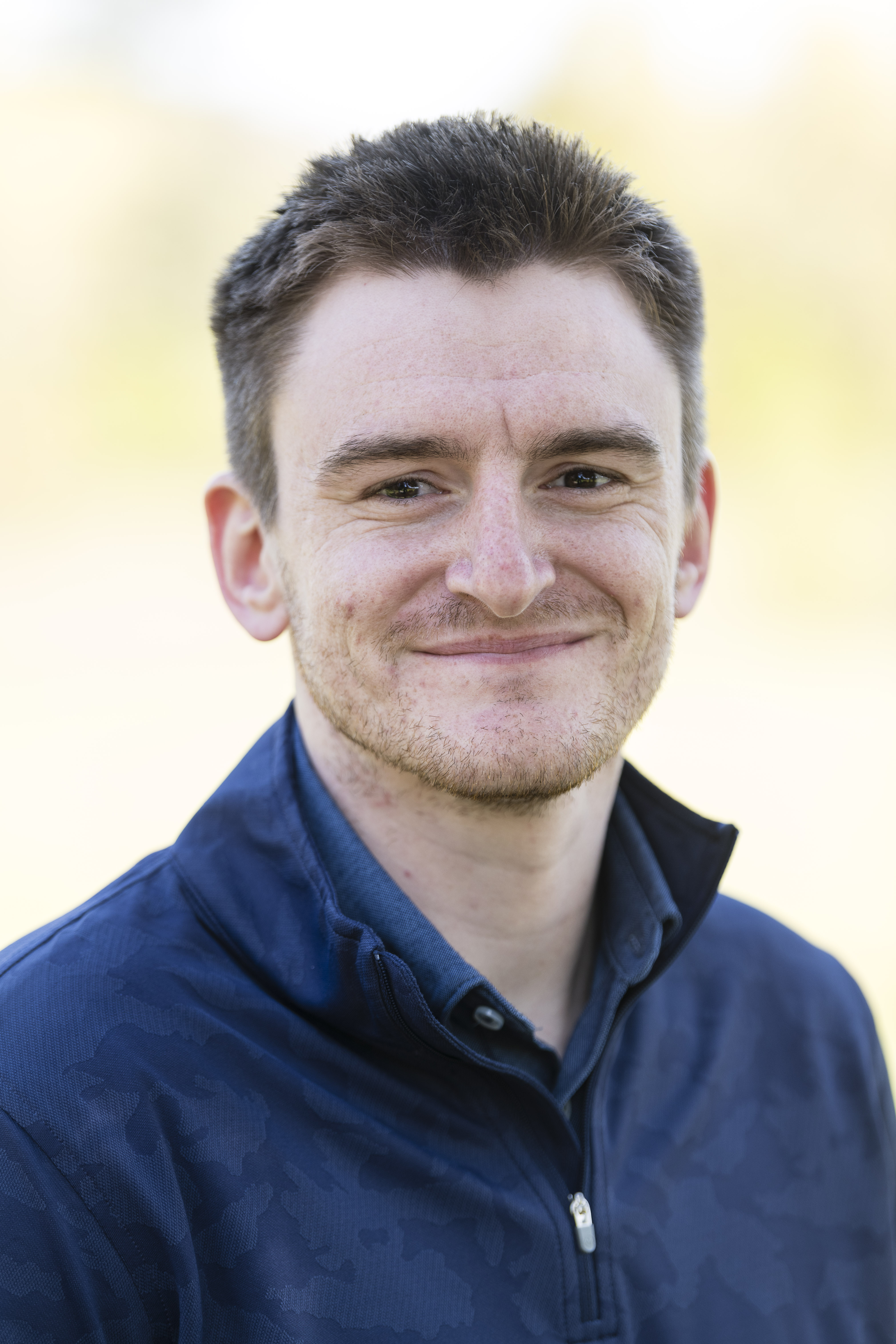
Former Ryder Cup captain Paul McGinley tells Sam Tremlett why only a select few players reach the pinnacle of the world game.
Paul McGinley Exclusive - What Separates The Best From The Rest?
We caught up with former Ryder Cup player and captain, Paul McGinley, to get his thoughts on what separates the best from the rest in the pro game and the lessons club golfers can learn...
All the top players understand the importance of the mental game, but what separates the likes of Rory McIlroy, Justin Thomas, Brooks Koepka and Jon Rahm from everyone else?
First and foremost, the talent they have is phenomenal, and then the second thing is to pair that with ambition. More than anything else, it has got to be that drive to get to the top. That keeps them focused and hard working.
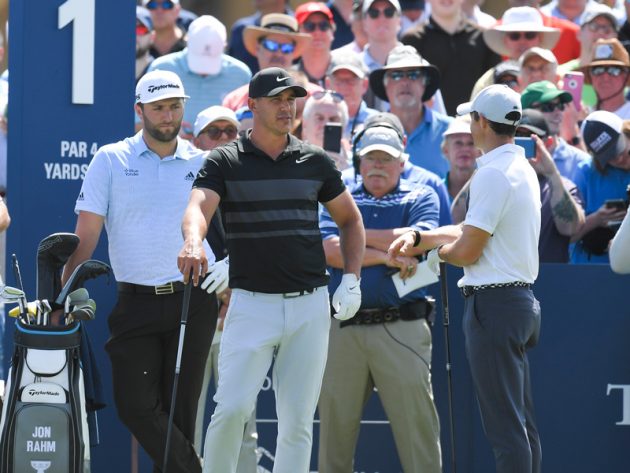
Another thing I would add is the fact they all have good teams around them. Tiger has said many times that you can’t climb the mountain on your own. You need a really strong team around you – it’s vitally important. And a key factor is whether these people – swing coach, physio or whatever – can really make a programme that’s bespoke to their player and can give them an edge.
It is easy to fill a team, but it’s filling a quality team – people who are really going to propel you forward – that’s the key.
Get the Golf Monthly Newsletter
Subscribe to the Golf Monthly newsletter to stay up to date with all the latest tour news, equipment news, reviews, head-to-heads and buyer’s guides from our team of experienced experts.
From a mental standpoint, how important can the mind be and how can it take players to the next level?
Think back to some of the great quotes of the game and that will give you some indication. Arnold Palmer’s famous quote was that the greatest mental strength a golfer can have is the ability to forget. Jack Nicklaus famously said the most important shot in golf is the next one.
Golf is not a science; it’s not a perfection game like other sports can be. You can never play the perfect round of golf – you are constantly managing your battles, constantly making adjustments. Every single day you feel different – it’s such a difficult technical, physical and mental game.
Every day you wake up feeling slightly different. Things like what you ate in the morning can affect your mood, how you swing and how you play. You might have a tightness somewhere that affects your swing. There are so many variables that can alter the golf swing and alter the mind, too.
Practically, how exactly do the top guys practise their mental games and work on their mindsets?
It sounds simple to say ‘think about the next shot’, but that’s a drill – it’s something you learn. It is a mental discipline more than anything else, to stay in the present and focus only on what’s going to get you back into that mindset of taking one shot at a time. You have to forget about what’s ahead, forget about what’s in the past and stay in the present.
The best players find a way of forgetting about everything else and putting all their focus into what is happening right now. Bob Rotella speaks about that a lot in his books – the ability to stay in the present is more important than anything else. It’s the same situation in tennis. I’m friends with Ivan Lendl [eight-time Grand Slam champion] and one of the things he talks about is getting into the zone on every single shot.
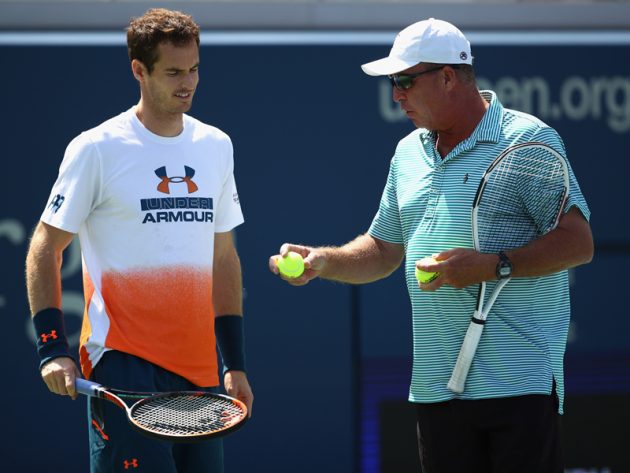
Some players focus on the target only, some players feel it in their swing and other players look at the ball flight. Whatever it is, it is important to let the frustrations, and whatever else is going on around you, glide away and go back into what works for you in terms of hitting good golf shots and hitting good putts.
So what does getting in the zone mean to you?
Well, that’s the secret sauce. The ability to do that more often than others is what separates the best from the rest. Everybody is different and everybody’s got a different DNA in terms of how they play the game. The key is to look at what works for you to help you play your best. What works for one person doesn’t necessarily work for you and the key is to establish what your DNA is to help you get in the zone, to help you succeed.
For example, I am a feel player and Padraig Harrington is not a feel player, he’s a visual player. His idea of the mental game is simply seeing the target. Now, I can’t do that, that’s not for me. I’ve got to feel something in the swing, feel in control. I have incredible feel in my swing when I’m playing well, but when I’m playing badly I don’t know where the club is.
Another player might judge it on the ball flight. Greg Norman looked into the sky and saw the ball ripping through the clouds and he would measure the trajectory against that backdrop. So everybody is different and that’s the key, to look at what works for you. What is in your DNA that will allow you to succeed?
In terms of attempting to get into the zone, is that why it is so important to have a good routine – so you treat everything the same, whether you’re playing well or badly?
Routine is certainly a part of it and again that’s part of the mental discipline. Sometimes when I do clinics for kids, I say ‘who here ever works on their swing?’ Everybody puts up their hand. I then ask ‘who here ever works on their putting?’ Everybody puts up their hand again. And then I say ‘who here ever works on their mental game?’ Very few people put their hands up. It is something we often don’t do, but there’s no question pressure practice is a key technique to employ with regards improving your mental game.
We continually check thousands of prices to show you the best deals. If you buy a product through our site we will earn a small commission from the retailer – a sort of automated referral fee – but our reviewers are always kept separate from this process. You can read more about how we make money in our Ethics Policy.
Watch Golf Live with NowTV

Watch the Golf live with NowTV. Sign up here for the Sky Sports Day Pass for £9.99 - or better yet - get the Monthly Pass in HD + 7 Day Free Trial of NowTV for £33 /month. Definitely better for your buck as a true Golf Fan.
Sky Sports
|
Day Pass - £9.99
|
Month Pass - £33/month
Month Pass - £33/month
|
Day Pass - £9.99
|
Sky Sports
Powered by Golf Monthly
About our deals
This is something all the top professionals do. In practice sessions, you have to try and mirror the pressures and emotions that you feel on the course – the turning inside your stomach and the excitement when you are in the middle of a tournament or a match.
The more you prepare for that, the easier it will be during the heat of competition.
Giving yourself one chip from a certain place and having to get it within 3ft; not leaving the practice putting green until you hole six consecutive six-footers; hitting three fades in a row before you can leave the range – things like that.
So would you say that pressure practice is the best way for golfers at all levels of the game to improve?
To an extent, yes. But to be quite frank, higher-handicap players need more coaching. The further you go up the food chain in terms of the elite levels in the game, that’s where pressure practice and competitiveness distinguishes the good, the very good and the great.
For those who are further down the ladder – a 15-handicapper, for example – it’s more about building a good technique and lessons, because you’ve got to understand why you hit a good shot and where the bad shots come from.
But all levels of golfer can improve their practice. I see people on practice chipping greens or in practice bunkers taking a bucket of balls and hitting the same shot over and over. That’s not helpful because that’s not exerting pressure or building anxiety.
For example, take six balls with a chip shot and see how many of those six you can get within 18 inches. Try to get them within a club length around the hole and then take those six balls and go into a bunker. You have to compete against yourself and it’s so vitally important.
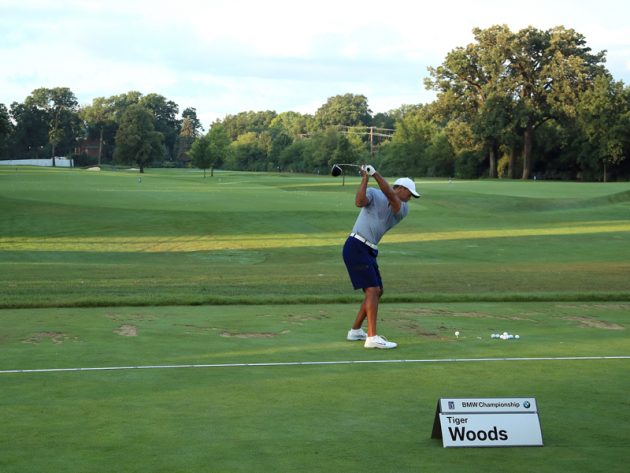
That’s what Tiger Woods has brought to the professional game more than anybody else. When he is there, he is there to play. Nicklaus was the same. They talk about Nicklaus practising as little as anybody, but when he did, he was there to practise and compete, nothing more.
I can’t stress how important this is, particularly as you go up the food chain. When you get to the very elite level of the men’s and ladies’ games, it is vital that you become a great competitor because everybody can play so well.
Ambition and competitiveness are both hugely important and they too must be practiced. Both just don’t arrive when you walk out on to the first tee – you have to instil them and practise them so when you get to a tournament, you are ready to compete.
What role can a coach play to take a player to the next level?
The key to being a good coach is not just knowing everything about the swing; it is about translating what you know about the swing to make the player better. It’s not just about qualification, it’s about communication and understanding what to say to the player and what not to say to the player.
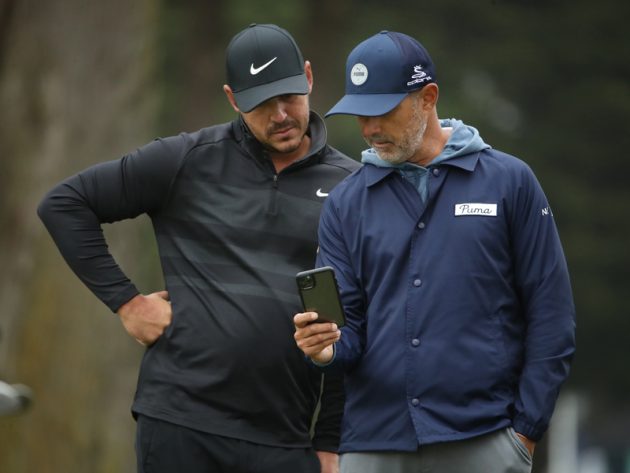
Bob Torrance had a great saying: ‘You never weaken a strength, you strengthen a weakness.’ Coaching isn’t just about knowing a lot about the swing and saying ‘this is what you need to do’, because most of the great players in the game have had idiosyncrasies in their swing. It is working around those and making those a strength above anything else.
It is the same when it comes to the physical stuff. I’m 5 foot 7, I’m not blessed with massive ball speed, I was never going to get massive ball speed so it was important that I had a trainer that was working around what my strengths were, not trying to get my ball speed up to what Dustin Johnson’s or Rory McIlroy’s is. It was about making me more efficient at what I did.
Don't forget to follow Golf Monthly on Facebook, Twitter and Instagram.

Sam is Golf Monthly's Senior E-commerce Editor which mean's he oversees everything E-com related on the site.
This takes the form of creating and updating Buying Guides, reviews, and finding bargain prices for deals content.
Working with golf gear and equipment over the last seven years, Sam has quickly built outstanding knowledge and expertise on golf products ranging from drivers, to balls, to shoes.
He combines this knowledge with a passion for helping golfers get the best gear for them, and as such Sam manages a team of writers that look to deliver the most accurate, insightful, and informative reviews and buying advice. This is so the reader can find exactly what they are looking for, at a good price.
Additionally Sam oversees Golf Monthly voucher/coupon content which seeks to find you the best offers and promotions from well-known brands like Callaway, TaylorMade and many more.
Unfortunately, Sam is not a member of any club at the moment but regularly gets out on the golf course to keep up the facade of having a single-figure handicap.
-
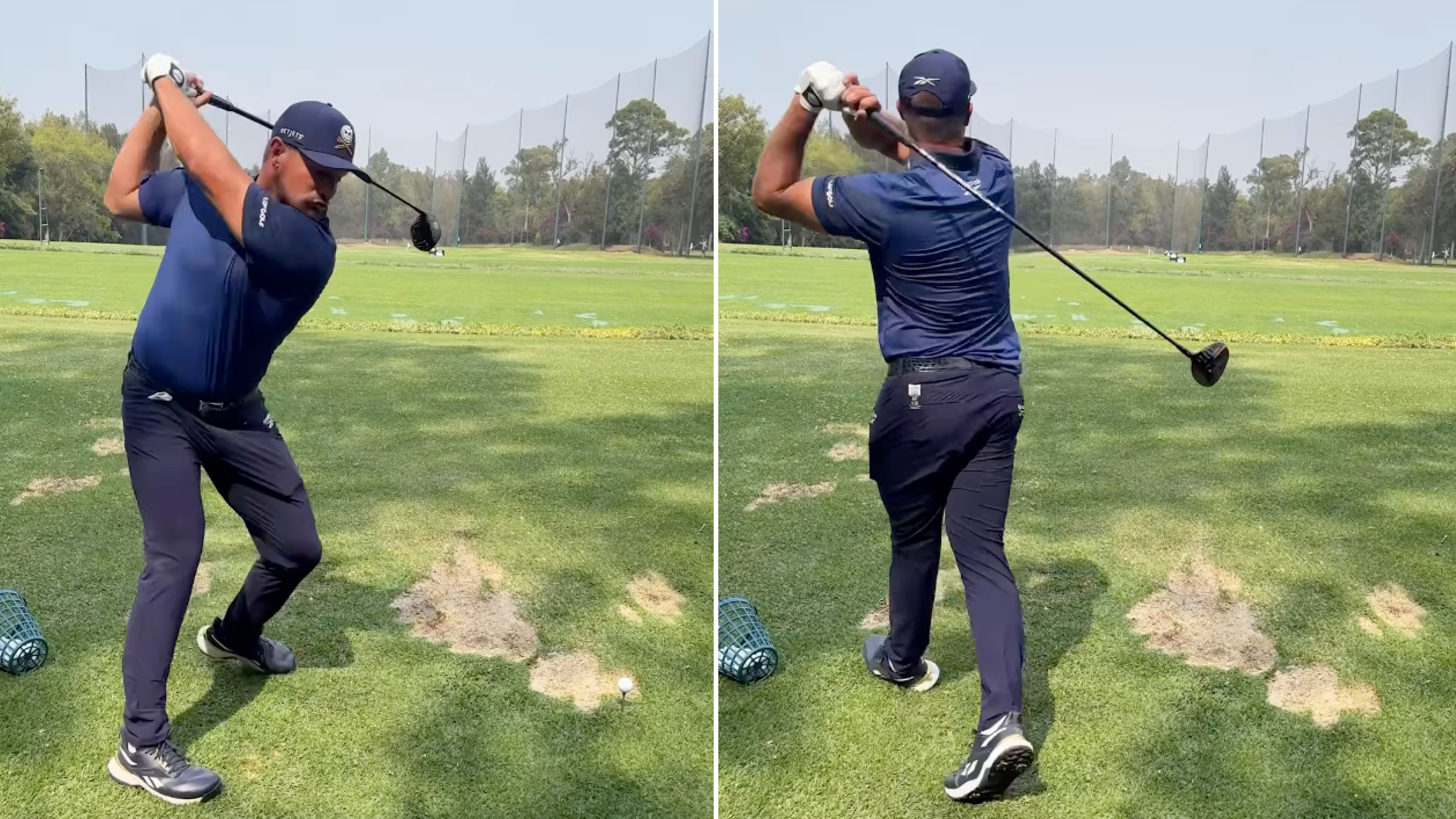 Watch Bryson DeChambeau Smash 400+ Yard Monster Drive In LIV Golf Mexico Practice
Watch Bryson DeChambeau Smash 400+ Yard Monster Drive In LIV Golf Mexico PracticeDeChambeau is hitting mega drives this week in the 7,800ft altitude setting of Golf Club de Chapultepec in Mexico City
By Elliott Heath
-
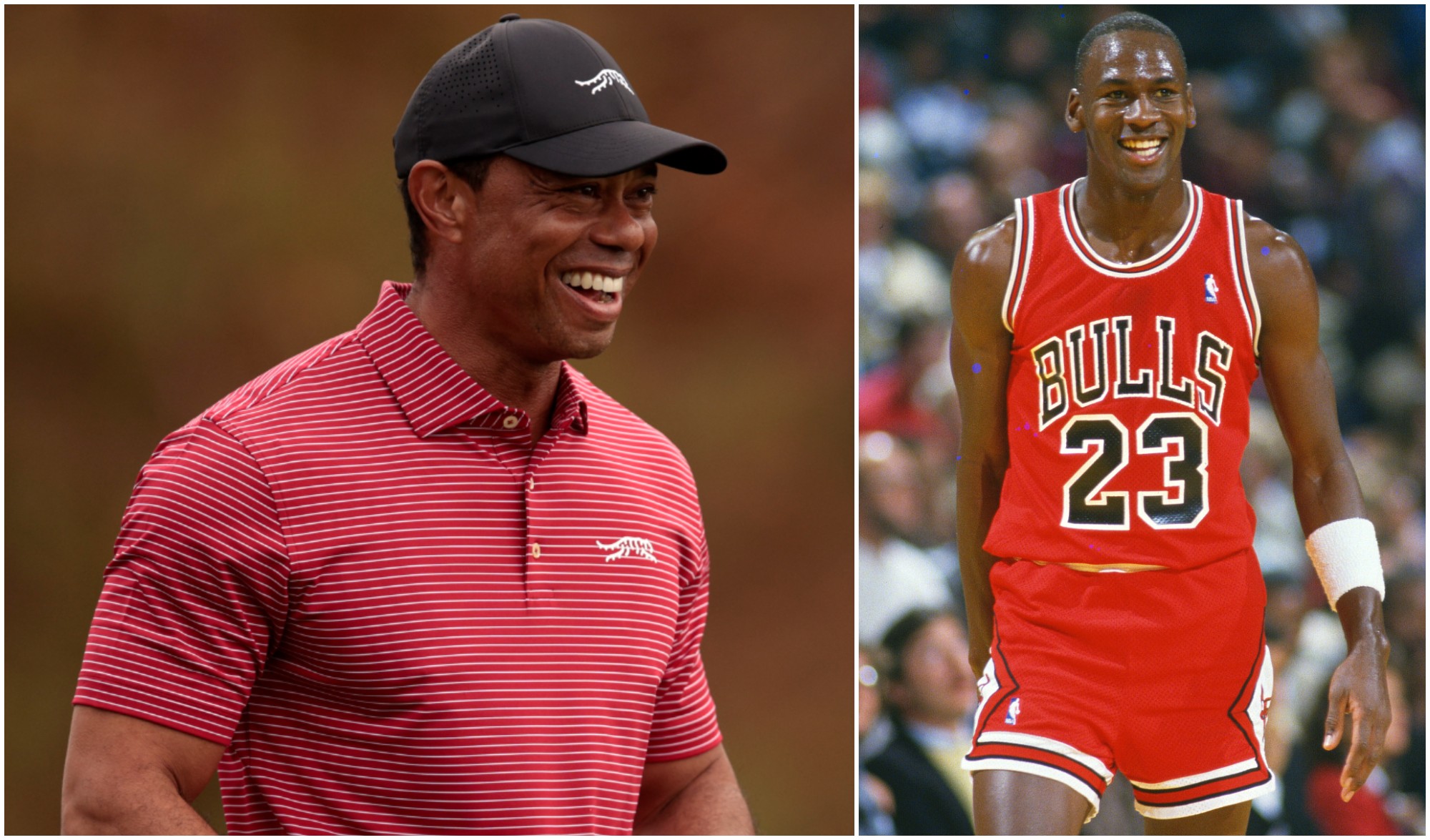 Tiger Woods Heads 8 Golfers To Make All Time Rich List Of Top 50 Highest Paid Athletes
Tiger Woods Heads 8 Golfers To Make All Time Rich List Of Top 50 Highest Paid AthletesTiger Woods is the second highest paid athlete of all time behind only Michael Jordan in a new top 50 rich list from Sportico
By Paul Higham